APRU SCL
X
ICHSPD
Advancing Sustainable Cities and Communities through Science, Technology, and Innovation
6-8 August 2024
SMX Convention Center Aura, Taguig City, Philippines
About the Conference

APRU SCL
The APRU-SCL Hub has been conducting an annual conference since 2018 with the mission to “advance the sustainability of human and earth systems through co-production of knowledge that leads to actionable plans for enhancing supportive relationships between cities and their local and regional landscapes. ” There are four (4) sets of processes that are primarily investigated by APRU-SCL participants and partners namely: 1) those internal to cities, 2) those occurring within surrounding landscapes, 3) those occurring across urban-rural boundaries, and 4) the transfer of goods and services that connect cities to distant landscapes and economies. The team is guided by five (5) core principles: 1) scholarship for transformative action, 2) common issues and localized solutions, 3) broad geopolitical representation, 4) support for underrepresented communities and vulnerable populations, and 5) the centrality of climate change.

ICHSPD
The Department of Community and Environmental Resource Planning – College of Human Ecology (UPLB DCERP) of the University of the Philippines Los Baños (UPLB) will be hosting the 7th Annual Conference of the Association of Pacific Rim Universities – Sustainable Cities and Landscapes (APRU- SCL) and the 3rd International Conference on Human Settlements Planning and Development (ICHSPD) on August 6 – 8, 2024 in Manila City. With the complex problems faced by the world today – disasters, rapid urbanization, international conflict and urban governance issues among others, the upcoming conference shall provide a venue for actors to collaborate, form partnerships and respond to global risks most felt among cities and communities. This three-day event will focus on Advancing Sustainable Cities and Communities through Science, Technology, and Innovation (STI).
ICHSPD 2024 Conference Themes
- Children Youth and Environments
- Civic Engagement and Community Design
- Food Nutrition Security
- Future Energy Landscapes
- Indigenous Knowledge and Wisdom
- Landscape and Human Health
- Smart Cities
- Sustainable Urban Design
- Transitions in Urban Waterfronts
- Urban Landscape Biodiversity
- Urban-Rural Linkages
- Vulnerable Resilient and Climate Justice Communities
- Water and Waste Management
Emerging and Re-emerging Diseases
Environmental and Occupational Health
Green and Public Spaces
Pandemic and Emergencies
Pollution Prevention
Safe and Affordable Housing
Safe Water and Sanitation
SMART Mobility and Migration
Tools and Approaches for Emergency Planning
Transportation and Public Safety
Urban Management with At-risk Population
Waste Management
Capacity Building and Education
Empowerment of Indigenous Peoples in Planning
Gender and Development
Inclusive Cities
Increasing Adaptive Capacity through Culture and
Heritage Conservation
Land Security and Vulnerability
Participatory Planning and Public Participation
Planning for Special Needs
SMART Technology for Citizen Engagement
The Sharing City and the Informal Economies
Biodiversity and Ecosystem Conservation
Biodiversity in Green Infrastructures
Climate Change Adaptation
Disaster Risk Reduction
Ecosystem-based Adaptation and Management
Ecosystem-based Disaster Risk Reduction
Emerging Global Risks
Green and Resilient Urban Design
Nature-based Solutions
Urban Resilience
Approaches in Environmental
Planning
Circular Economy and
Sustainability
Digital Governance, AI, and
Crowdsourcing
Environmental Data Analysis and
Modeling
Environmental Governance
Environmental Planning
Education
Evolving the ‘Culture of Planning’
Food-water-energy nexus
Global data sharing and
transformation
Governing, financing, and
managing Urban Solutions
Human Settlements in Transition
Land Use Planning
Resource Recovery from Waste
Ridge-to-Reef Framework
SMART Cities and Green Growth
Sustainable Agriculture and Food
safety
Sustainable Energy Systems
Sustainable Local Development
Planning
Sustainable Tourism
Sustainable Urbanization
Urban Agriculture and
Technology
Urban-Rural Linkages
Get to know more about APRU-SCL working groups here.
The Organizers
Overall Conference Director | DR. EDGAR M. REYES JR., EnP | |
Co-Conference Director | DR. MA. CATRIONA E. DEVANADERA, Engr. | |
Chief Conference Manager | PROF. JOHN CEFFREY L. ELIGUE, EnP | |
Program and Fellowship | DR. SHEILA B. AUSTERO | |
MS. GRACE ANNE C. BUNO, EnP | ||
PROF. ARLENE B. TOLENTINO, EnP | ||
MR. DOMINIC ANDREI V. PENALOZA | ||
Delegates and Society | PROF. ALMIRA GELES L. DE MESA, EnP | |
PROF. SANDRA S. SAMANTELA, EnP | ||
DR. EFRAIM D. ROXAS, EnP | ||
MS. KAYE ANNE A. MATRE | ||
MR. RALDEN F. LOZADA | ||
MR. DOMINIC ANDREI V. PENALOZA | ||
MS. ZYRIL F. PALOMARES | ||
MR. JOE HENRY B. TENIDO | ||
MR. CHRISTIAN MACAPUA | ||
Finance and Networks Management | DR. KRISTINA S. CORDERO-BAILEY | |
DR. JOAN PAULINE P. TALUBO, EnP | ||
DR. RICARDO M. SANDALO | ||
PROF. JANSSEN ANDREW S. CALVELO | ||
Blueprints and Technical Committee | PROF. JOHN CEFFREY L. ELIGUE, EnP. | |
MS. ALYANNA P. MANEJA, EnP | ||
MR. JOHN WHEEN L. RENEGADO | ||
MS. KAYE ANNE A. MATRE | ||
MR. DOMINIC ANDREI V. PENALOZA | ||
MR. CHRISTIAN MACAPUA | ||
Scientific Committee | DR. CASPER B. AGATON | |
PROF. EDWIN R. ABUCAY | ||
Logistics Committee | PROF. RYAN RANDLE. B. RIVERA, EnP | |
PROF. KYLE PIERRE R. ISRAEL, For. | ||
MR. JOHN WHEEN L. RENEGADO | ||
MR. CHRISTIAN M. MACAPUA | ||
PROF. NICA S. ARGANOSA | ||
Conference Support | MS. VERA TERESA S. ANGELES | |
MS. JINKY J. CANOY | ||
MR. MICHAEL REVILLEZA | ||
MS. MYRA N. CRUZ | ||
Student Volunteers | MS. MARY JOY ANCHETA | |
MS. KATHLEEN ARAIMGWEN H. PARAISO | ||
The Organization
The International Conference on Human Settlements Planning and Development is organized and hosted by the Department of Community and Environmental Resource Planning (DCERP) of the College of Human Ecology, University of the Philippines Los Banos. DCERP was founded in 1983 and functions within the harmonizing framework of humans in relation to their environment. Its ultimate aim is to contribute towards the national goal of improving the quality of life and general well-being of the Filipino people.
Its vision is to be a leading institution providing high quality education, research, and public service in human settlements planning towards sustainable development; with the mission to develop and promote sustainable and resilient human settlements through:
1. Education of environmental planning professionals with holistic and interdisciplinary perspective;
2. Knowledge generation in situational analysis, planning, implementation, monitoring and evaluation of development plans; and
3. Provision of technical assistance to various institutions.
Program*
*For Licensed Environmental Planners, accredited CPD Program sessions are marked with "EnP#".
Keynote Speaker
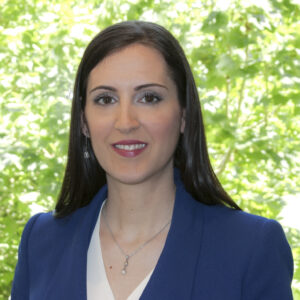
Dr. Paola Boarin
Associate Professor, School of Architecture and Planning, University of Auckland
Dr. Paola Boarin is an Associate Professor of Architectural Technology and Sustainability at The Pare School of Architecture and Planning of the University of Auckland, New Zealand, where she is the Associate Dean (Teaching and Learning) and the co-founder and inaugural co-director of the Future Cities Research Hub. Dr. Boarin’s research addresses the links across architecture, technology and the environment, focusing on regenerative design, sustainable conservation, adaptation and retrofit of existing and heritage buildings, and integrated practices for post-occupancy evaluations at building and neighbourhood scale. She is involved in transdisciplinary research groups and projects focusing on the nexus across design, health and climate change impacts. She is the University of Auckland representative in the APRU Sustainable Cities and Landscapes Hub where she is a member of the Executive and Steering committee, and a co-lead in the Sustainable Urban Design Working Group. Dr. Boarin has gained extensive international experience by collaborating closely on research and teaching activities in several universities in Europe, the USA and New Zealand.
Plenary Speakers
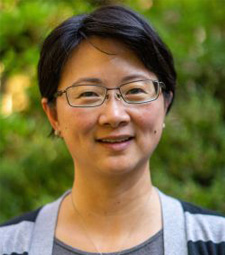
Dr. Yizhao Yang
Professor, University of Oregon
Dr. Yizhao Yang is a Professor at the School of Planning, Public Policy and Management, University of Oregon. Her interdisciplinary research examines the interplay among “Place, Policy, and People” in the context of fostering sustainable urban development and creating livable communities. Her scholarship focuses primarily on two key domains: the intricate relationship between policy and place, and the dynamic interaction between place and people. In the realm of policy and place, Dr. Yang investigates how cultural and institutional factors shape sustainable planning policies, examining the transferability of place-based policies across diverse urban contexts. Her research extends across various Asian countries, analyzing the formulation and implementation of sustainable urban development policies. Within the domain of place and people, Dr. Yang’s research explores how individuals’ environments impact their behaviors and overall well-being, taking into account personal traits such as attitudes and preferences. The overarching goal of this aspect of her research is to identify effective placemaking strategies that foster the creation of inclusive, livable communities.
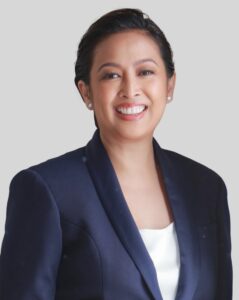
Atty. Mar-Len Abigail S. Binay
City Mayor, Makati CIty, Metro Manila
Atty. Mar-Len Abigail S. Binay was elected Mayor of Makati in 2016. Her administration has embraced technology to promote greater transparency, efficiency and competitiveness while accelerating Makati’s transformation into a Smart City. She envisions Makati as a model city that can show other localities how to reduce their emissions and become more resilient, sustainable, and livable. In 2021, Mayor Abby became the first Mayor in the world to commit to the global initiative Cities Race to Resilience (RtR). In August 2022, Mayor Abby declared a climate emergency to mobilize multi-stakeholder climate action. Makati was subsequently proclaimed by UNDRR as the first-ever Resilience Hub in Southeast Asia. She has taken on significant roles to raise the voices of local governments in international dialogs. Currently, she is a Global Executive Committee member of ICLEI, Cities Climate Finance Leadership Alliance’s City Ambassador for Asia, Board Member of the Global Covenant of Mayors for Climate and Energy for Southeast Asia, Council Member of UCLG ASPAC, and the Vice President of CityNet.
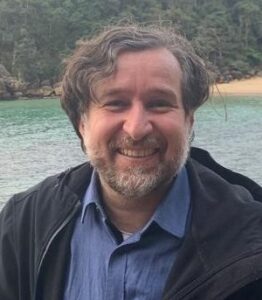
Dr. Samad Sepasgozar
Associate Professor, UNSW Sydney
Professor Samad Sepasgozar’s primary research focus lies in the integration of Digital Twin, artificial intelligence, and sensing technologies within Smart Cities and construction. His work is dedicated to driving digital transformation for futuristic cities and sustainable built environments. He is an Associate Editor for the prestigious Journal of Architectural Engineering run by the American Society of Civil Engineering (Top 10% globally). He is also an Editorial Board (Academic handling editor) of Nature Scientific Reports (H-index: 213), recognized as one of the top 5 highly cited journals in the world. He has conducted numerous experiments and developed multiple digital applications, with over 250 publications, including scholarly articles and books, mainly focusing on interdisciplinary topics: Building Construction, Architecture, Smart Cities, Remote Sensing, Manufacturing, Information Systems, Computer Science, and Sustainability. His work has garnered international recognition, earning prestigious accolades such as Technology of the Year Finalist, National Australian Construction Award, and Best Paper awards for publications in the Top 1% and Top 10% journals consistently.
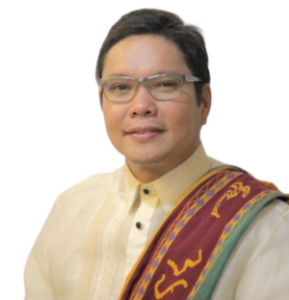
Dr. Alfredo Mahar Francisco A. Lagmay
Professor, University of the Philippines
Dr. Alfredo Mahar Francisco A. Lagmay is an Academician of the National Academy of Science and Technology (NAST) and Professor at the National Institute of Geological Sciences, University of the Philippines. He is currently the Director of the University of the Philippines Nationwide Operational Assessment of Hazards (NOAH) Center, established to conduct research and development and extension services on natural hazards, disaster risk reduction and climate change actions. He is also the Executive Director of the University of the Philippines Resilience Institute, an institution established by the U.P. System as an agent of change in the country’s disaster resilience efforts. He is a recipient of the 2008 Outstanding Research Award from DOST, the 2013 Professional Regulation Commission (PRC) Outstanding Professional of the Year Award, the 2013 Outstanding Filipino Award (TOFIL), the 2015 Plinius Medal of the European Geosciences Union (EGU) and the 2020 StartNetwork Changemaker Award. He has published more than 70 peer reviewed journal articles, mostly in international ISI journals.
SMX Convention Center Aura
Taguig City, Metro Manila, Philippines
SMX Aura is housed within SM Aura Premier, which is poised to become the Philippines’ first commercial center certified Gold under Leadership in Energy and Environmental Design (LEED) standards. LEED certification is the internationally-recognized citation from the US Green Building Council, awarded to the distinct few deemed to follow the strict regulations governing green architecture and construction.

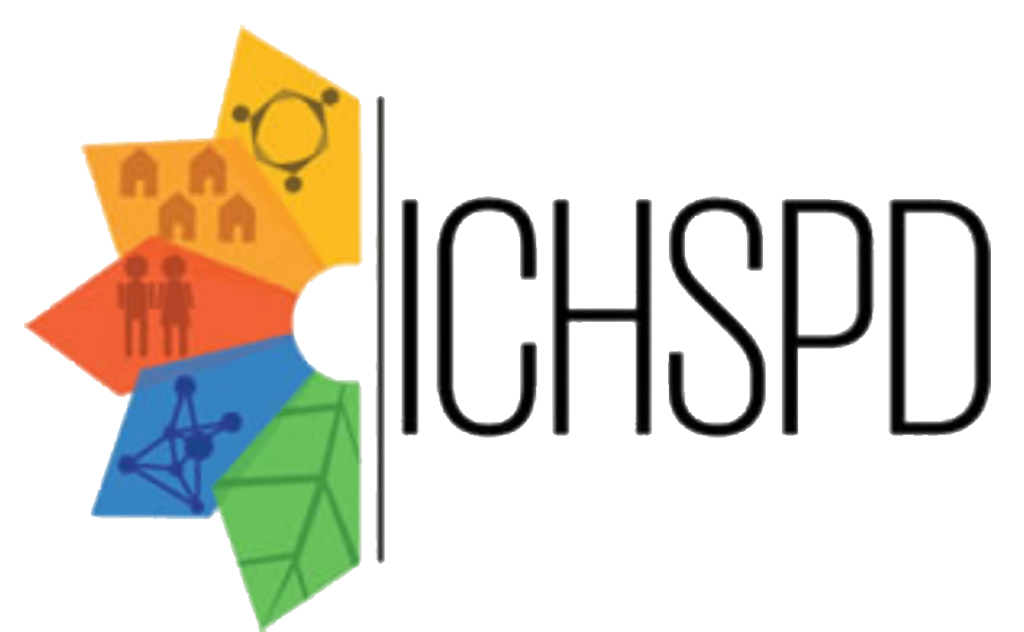
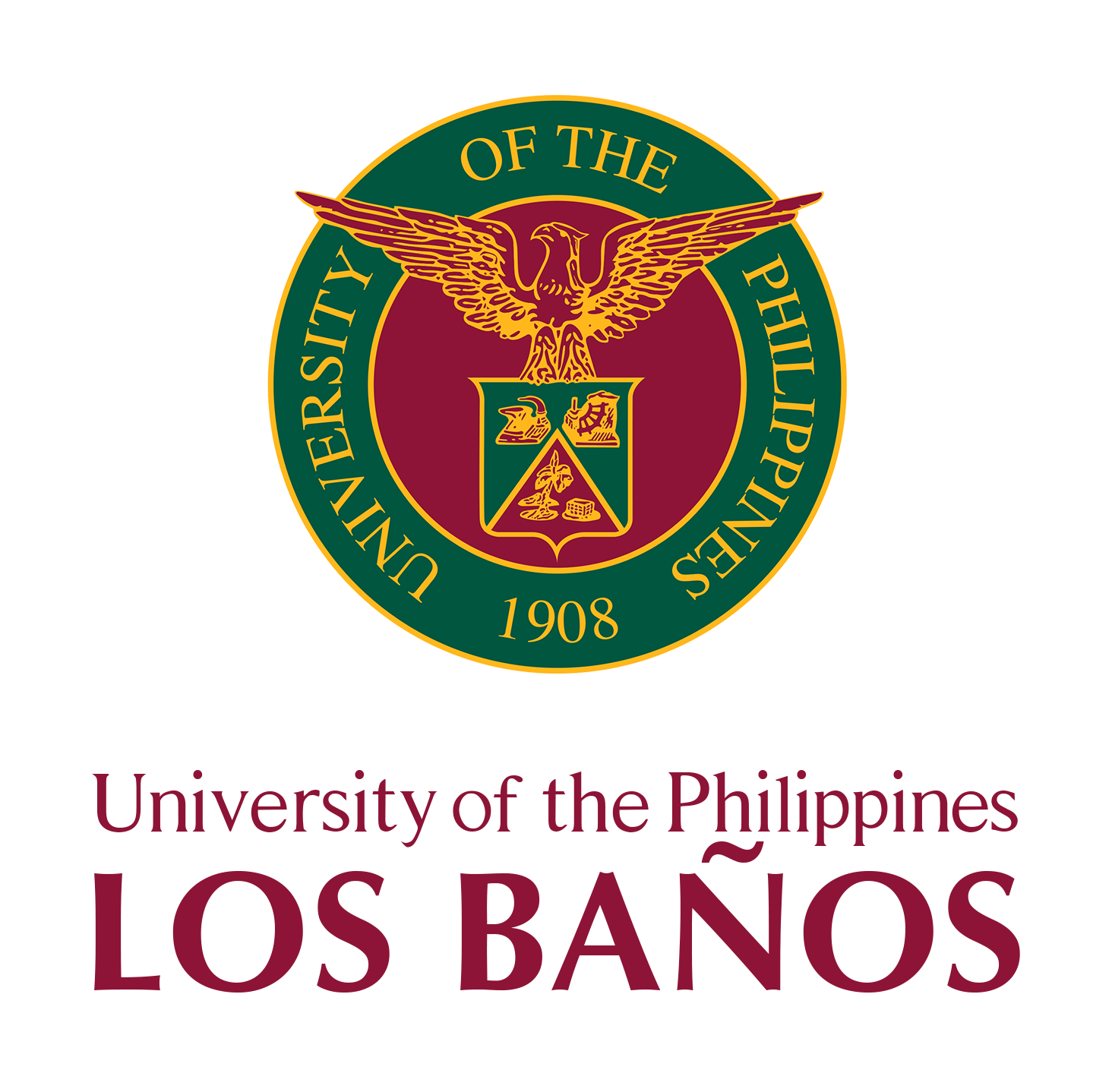
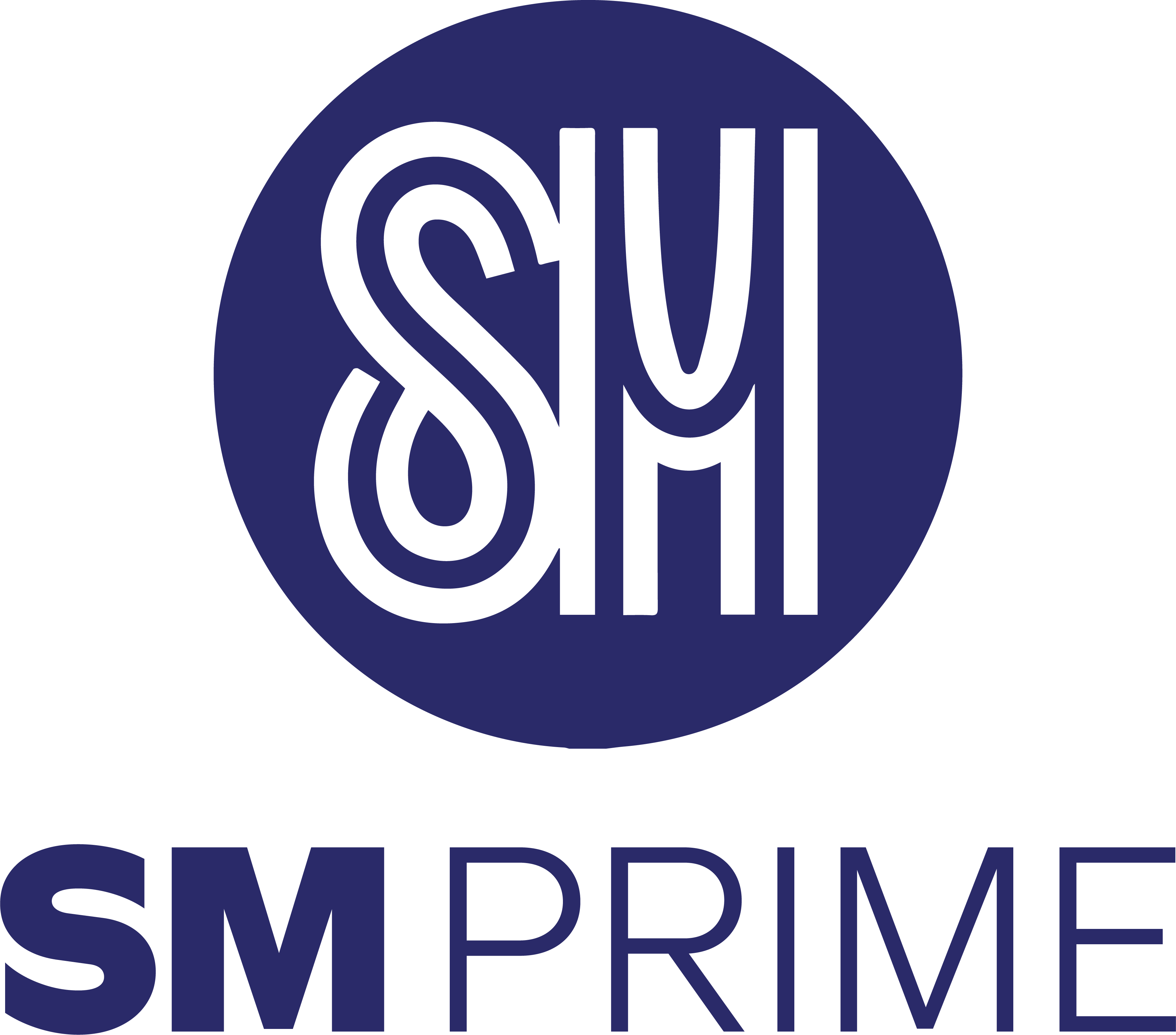


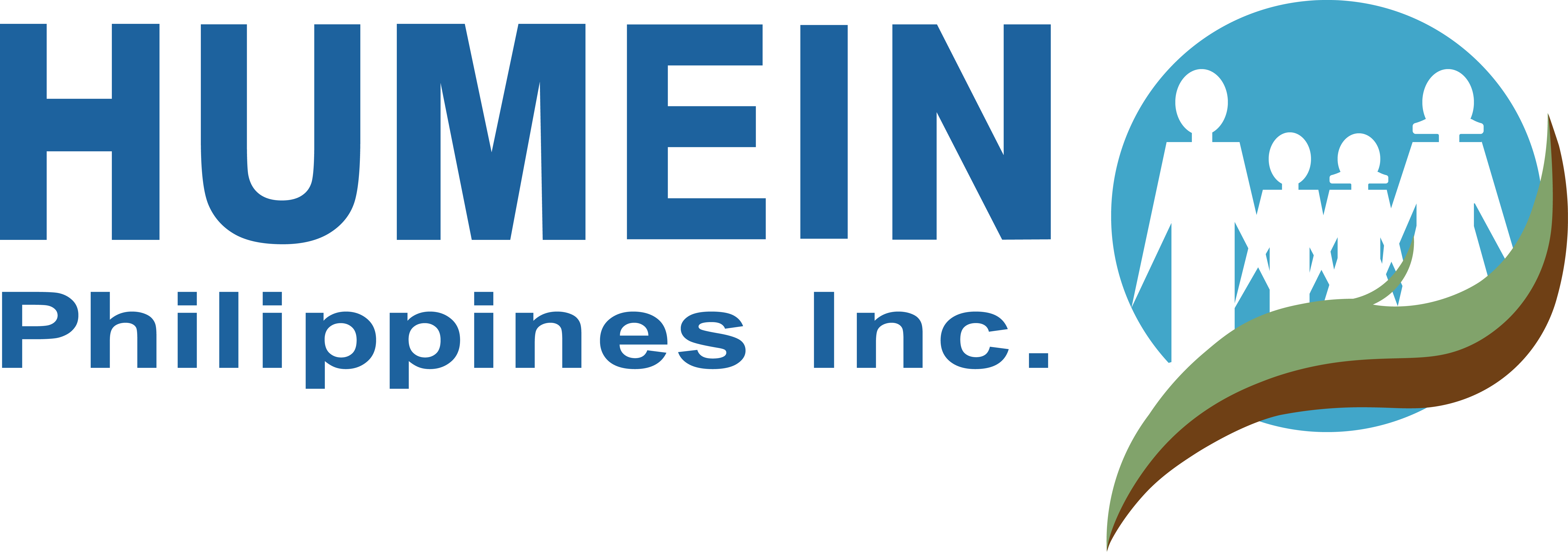

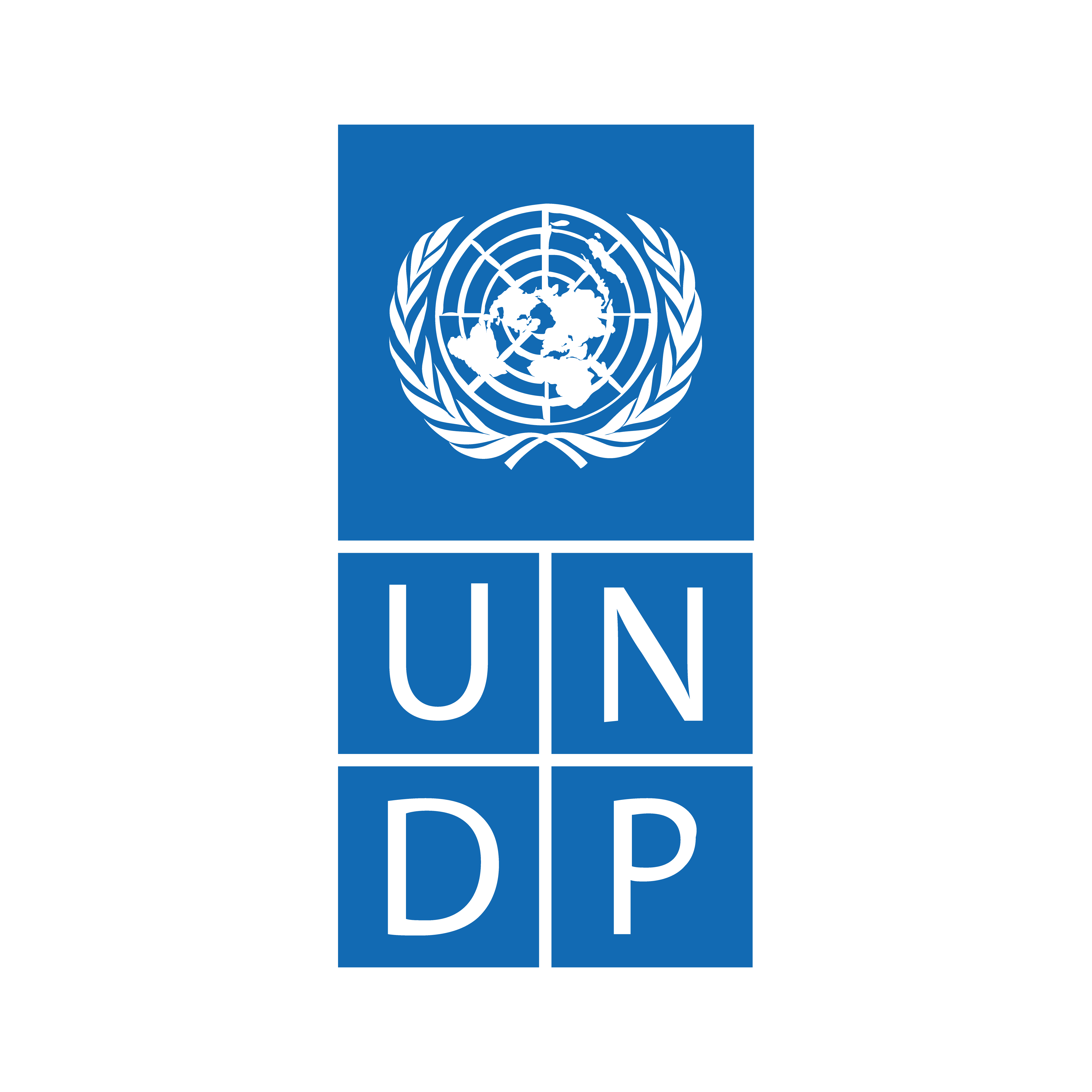
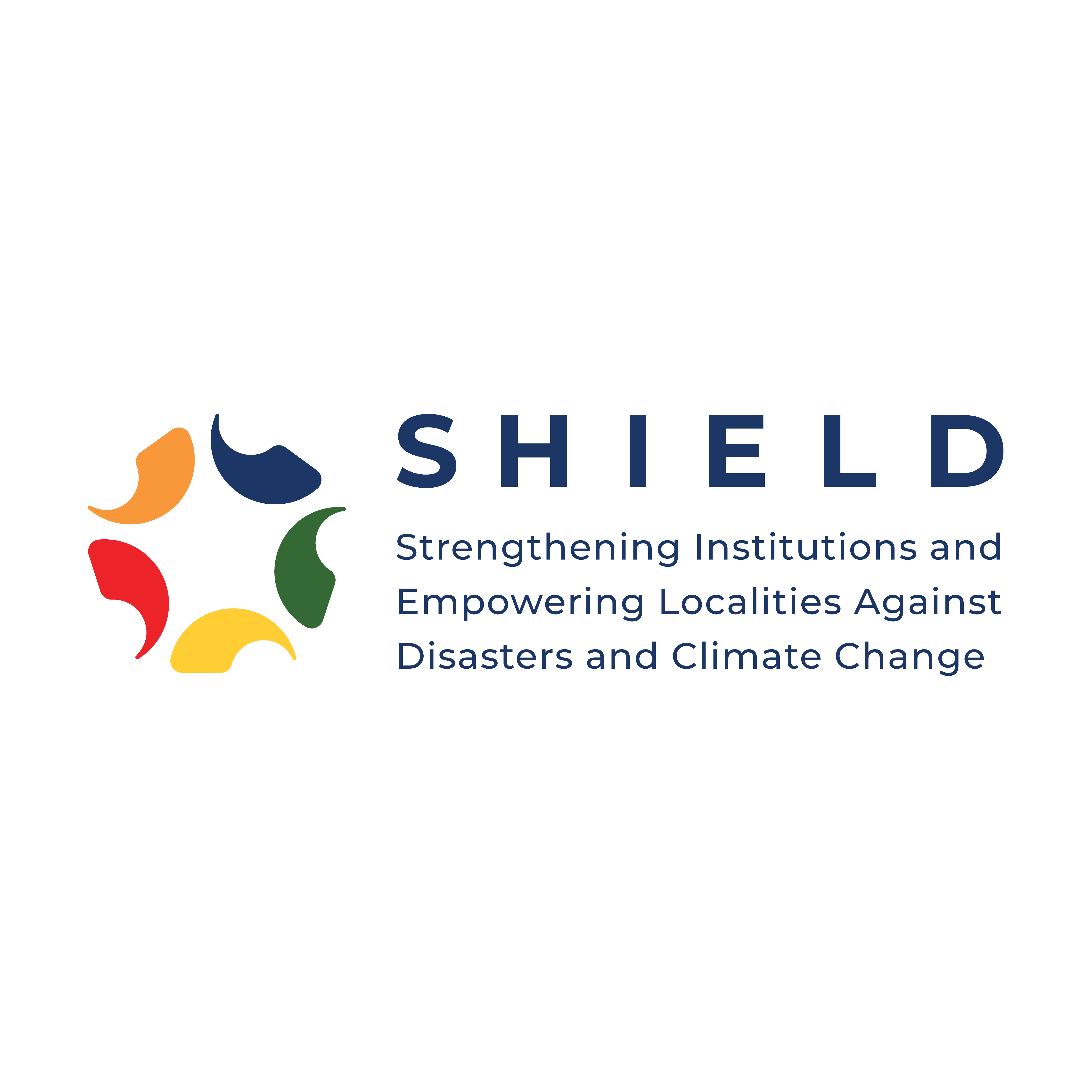
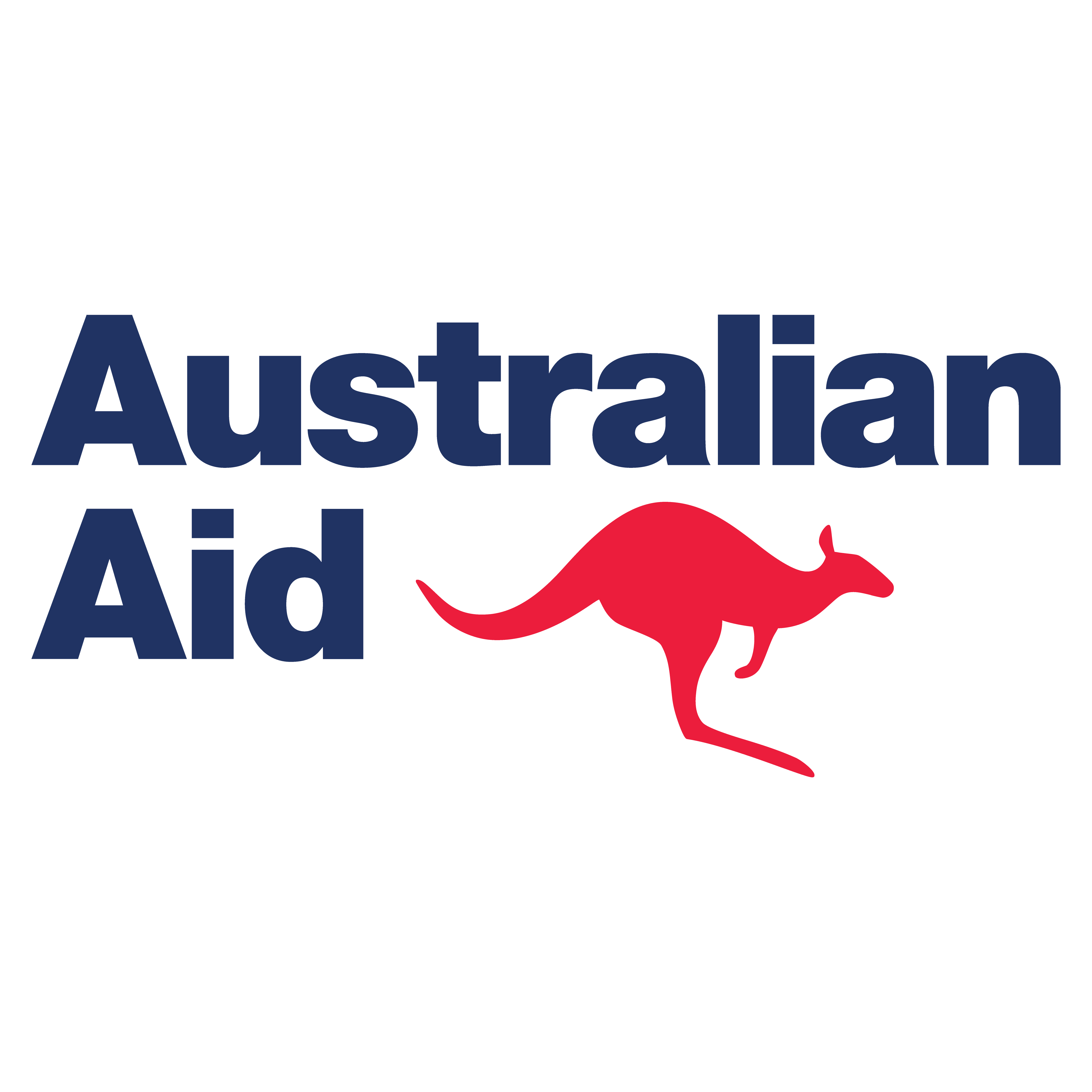

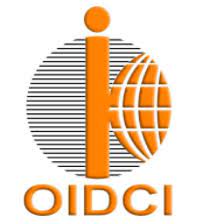
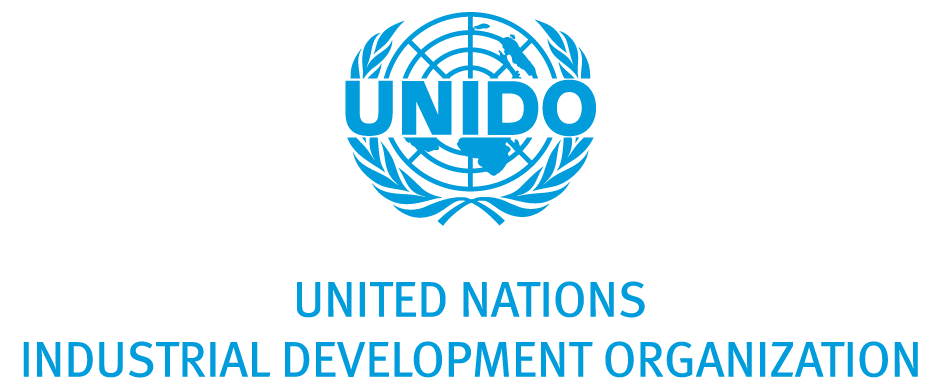
![SEARCA Logo - without background[50]](https://dcerp.che.uplb.edu.ph/wp-content/uploads/2024/07/SEARCA-Logo-without-background50.png)